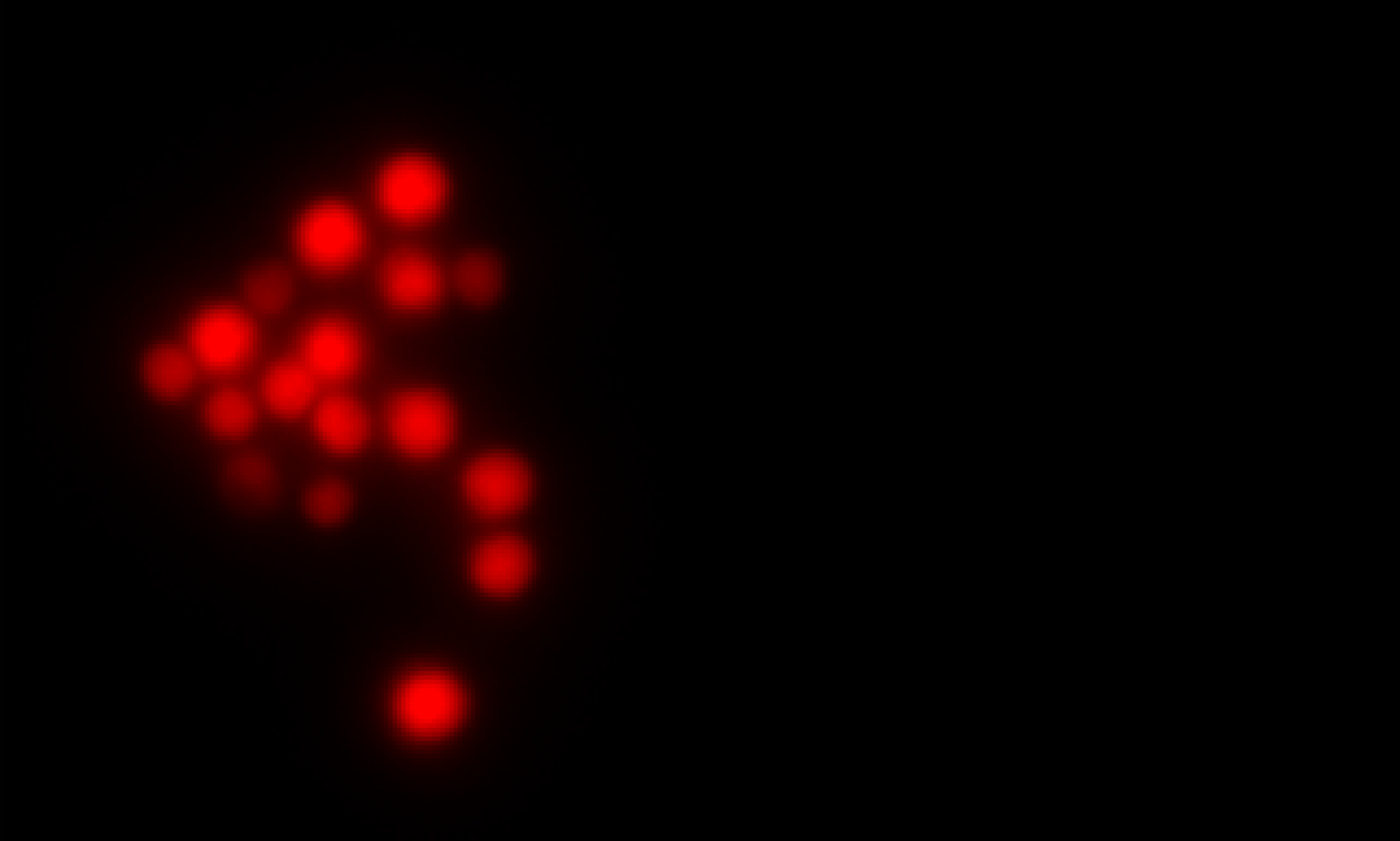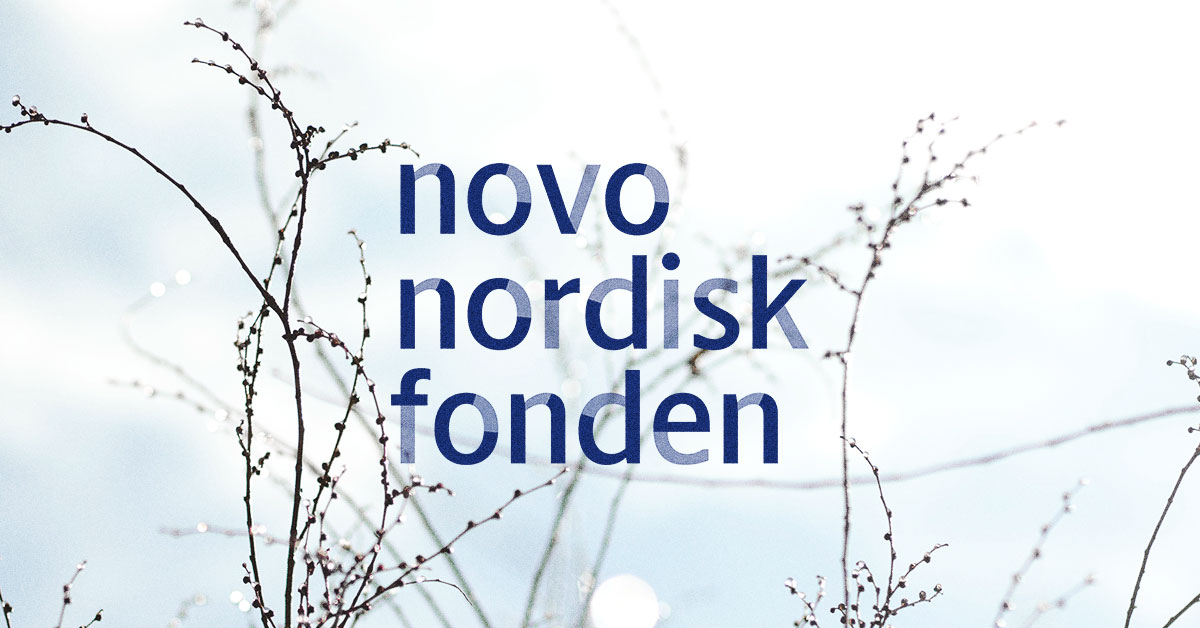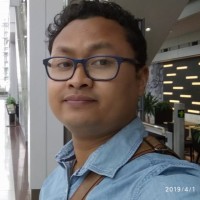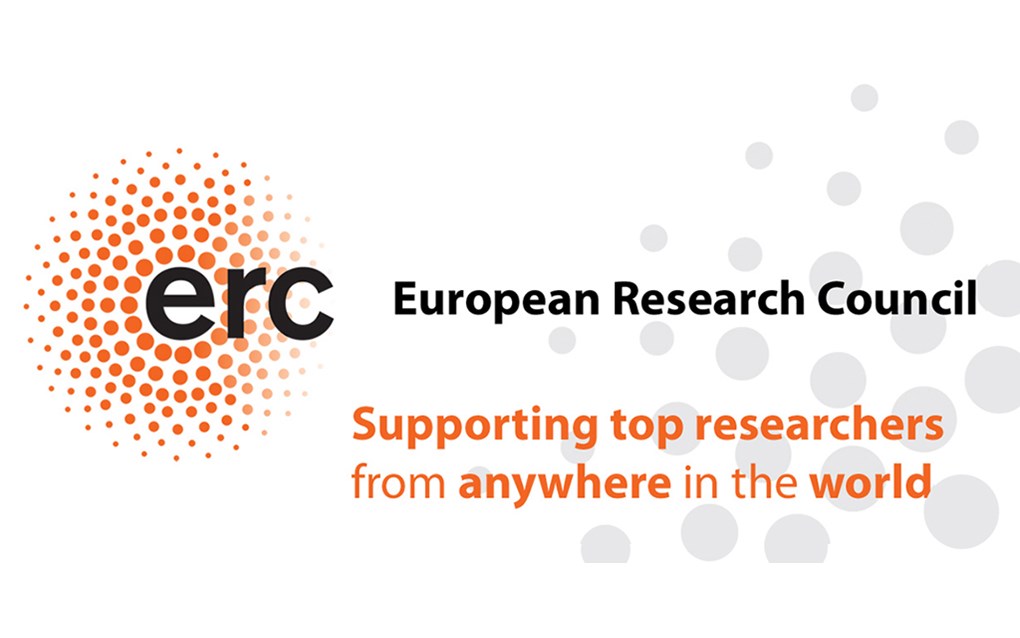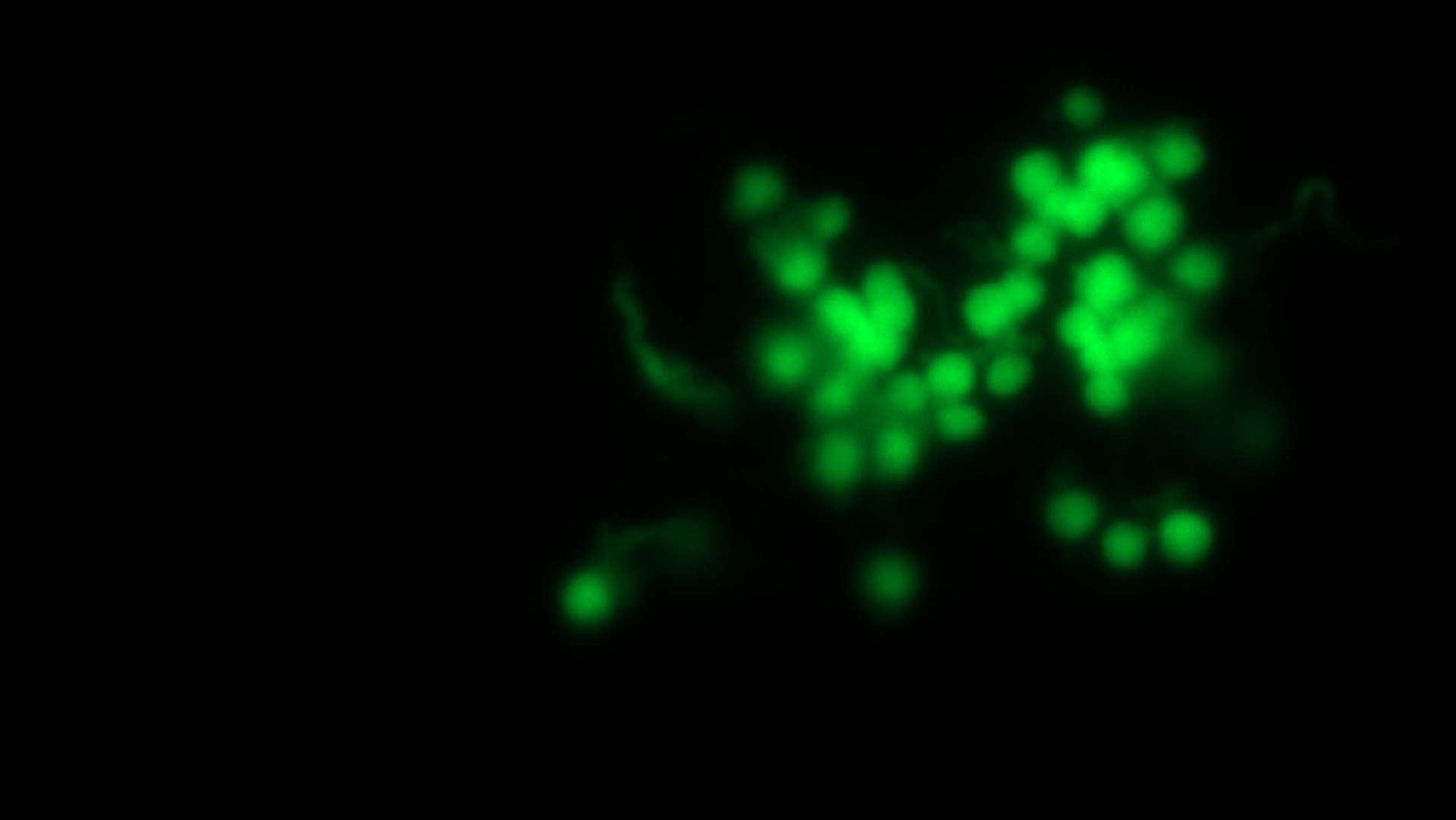Amelia received a DFF project 2 as principal investigator in June 2021. The grant is a collaboration between the University of Southern Denmark and Aarhus University. The co-investigators at AU are Prof. Bo Barker Jørgensen, Associate Prof. Hans Røy and Associate Prof. Kasper Urup Kjeldsen.
The title of the project is “Seabed methane cycling by reversible electron transfer between archaea and bacteria”. We will be looking for new sources of methane in the seabed.
We are really excited to start working on this topic.
Here is a popular abstract (in danish) of the work we will be doing.
Below you find the translated abstract (in English):
“A new source of methane production in the seabed was surprisingly discovered in a subsurface zone otherwise thought only to break down methane. This sulfate-methane transition (SMT) zone is inhabited by anaerobic methanotrophs (ANME-1), which typically oxidize methane in partnership with sulfate-reducing bacteria (SRB). We aim to determine the energetics and controls on such a cryptic methane production and whether ANME-1 can perform both methane oxidation and methane production depending on substrate and syntrophic partner availability. This may be the first known example of an organism that can shift the direction of its energy metabolism by exchanging electrons with different bacterial partners that either take up or give off electrons. We will apply sensitive experimental and analytical techniques to understand how interspecies electron transfer in archaea and bacteria functions through conductive cell surface properties or via conducting mineral grains in the seabed. “
